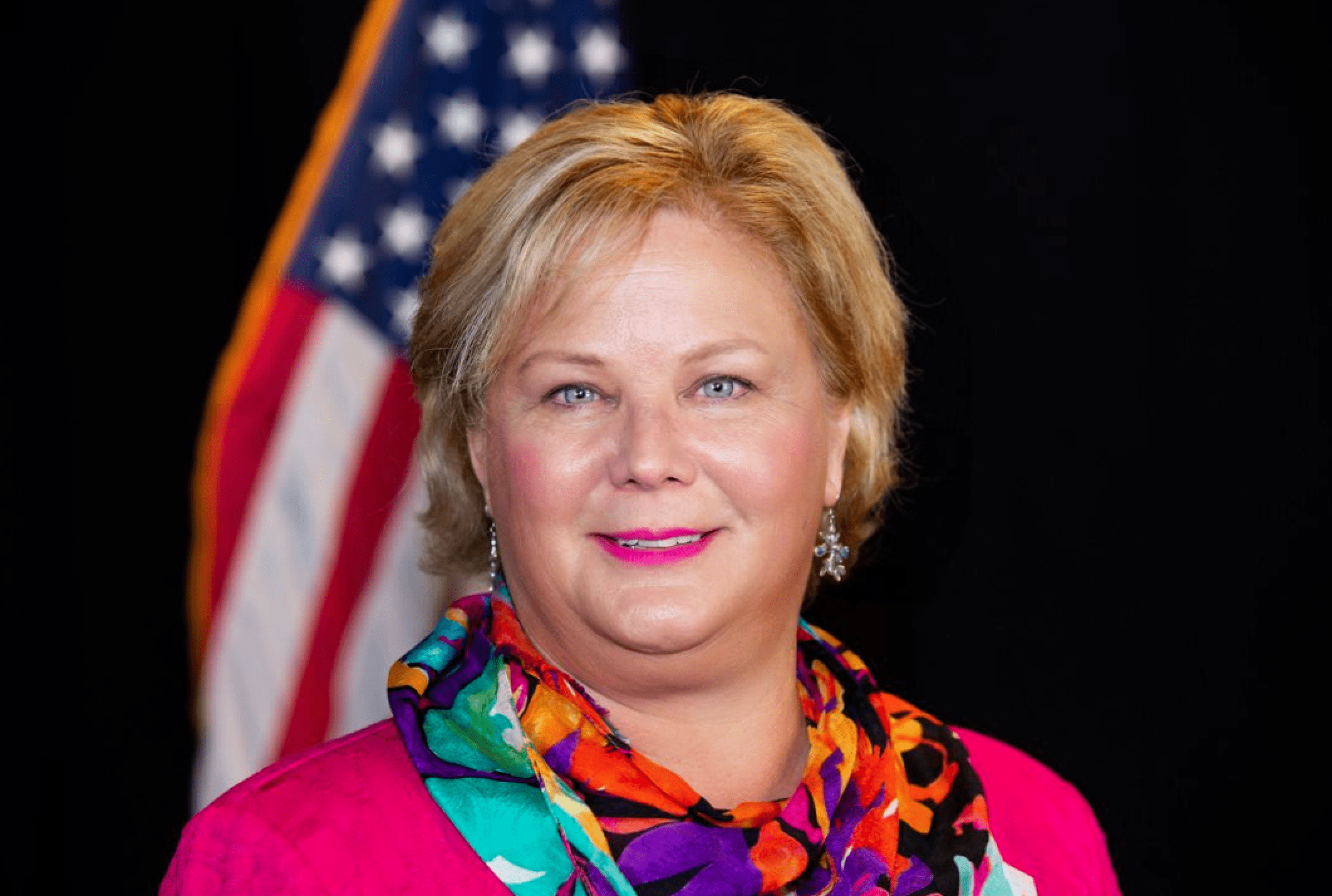Interview with Dr. Ozzie
Let me introduce our guest for today’s Credit For Caring blog post. He is a member of the REUNIONCare team. Dr. Ozzie Ahmed, MD, DrPh is a National Committee on Quality Assurance physician surveyor. Dr. Ozzie has an extensive background in teaching, practice, and medical management. He is a well-published researcher on practice management, behavioral health, and various disease states. Today he is here as our resident expert in public health.
What is Flurona?
Dr. Ozzie “It is the double whammy of flu, and the COVID combined. Let’s start with COVID. The two dominant strains, right now, are Delta and Omicron variants. The omicron variant is highly transmissible but less severe than the Delta variant. You see Omicron variant has fifty mutations of which 36 are in the spike proteins. These spike proteins enable the virus to attach to healthy human cells. That is why the Omicron variant is spreading faster than the Delta variant did. Did you know that one million people were diagnosed with the Omicron variant just yesterday? Amazing how quickly this variant is spreading.
“So back to your question about Flurona. This is the potential for the annual wave of flu occurring at the same time, now, as the Omicron variant continues to flourish. That is called a co-infection. We had this same concern last year, then was referred to as the Twindemics. It never materialized since we all were socially distancing and wearing masks. In fact, the last year’s flu was so minor or maybe just overlooked due to the exploding COVID pandemic.”
How do we Protect Vulnerable People?
“Vulnerable people are at greater risk of contracting a virus, especially for those who are obese, diabetic, have uncontrolled blood pressure, and those being treated for cancer, HIV, and other diseases. Remember, we can reduce the likelihood of contracting either flu or COVID the same way we did last year. I can’t stress strongly enough that chronic health conditions should be well controlled. Vulnerable people should have a care management plan and take all medications as prescribed. Lastly, be sure to communicate all health changes immediately to their physician.”
Dr. Ozzie continues “Mask up when you go out, or when new people enter your living space, using the N95 masks or double up on the thinner masks. The goal here is to limit your exposure. For caregivers, this is important since your daily activities bring you into close contact with others while bathing, toileting, feeding, transferring, and tasks in your routine. In addition, use good hygiene by washing your hands frequently and avoid touching your face and the face of your loved one as much as possible.”

What are your Recommendations for caregivers?
“Common sense is key here. Reduce your exposure. Make sure you remain healthy yourself with a healthy diet, adequate sleep, exercise, get an annual check-up and then follow your doctor’s recommendation. Let’s not forget about mental health as well. Caregiving is very stressful and emotional. Your ability to care for others is dependent on how well your care for yourself.”
When will this Pandemic End?
“The simple answer is it’s a race among three factors: time, mutations, and vaccinations. One scenario is lots of people get immunized so fewer mutations are created therefore we have fewer infections and more control over the virus. Keep in mind, this needs to happen in a short period of time. The other scenario is to have low rates of vaccination, more mutations, and uncontrolled spread and emerging new variants with some potential recombinant viruses. This is the worst-case scenario. We are trying to avoid this, well, like the plague.”
Final Thoughts?
“Vaccinations, Vaccinations, Vaccinations.”
Thank you, Dr. Ozzie. Your wisdom is greatly appreciated.
Yours in Health,
Monica
Monica Stynchula, MSW, MPH



